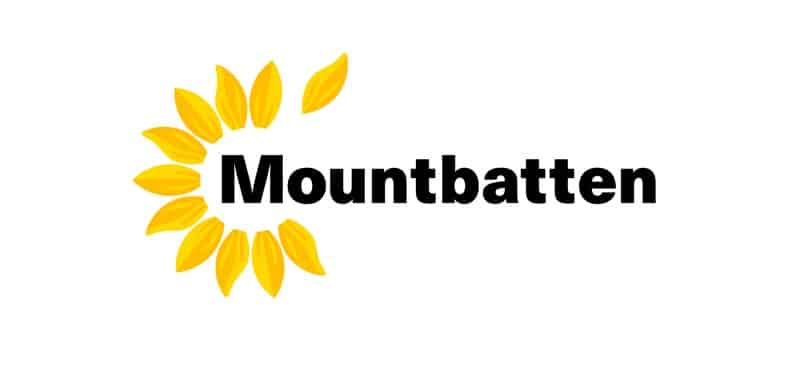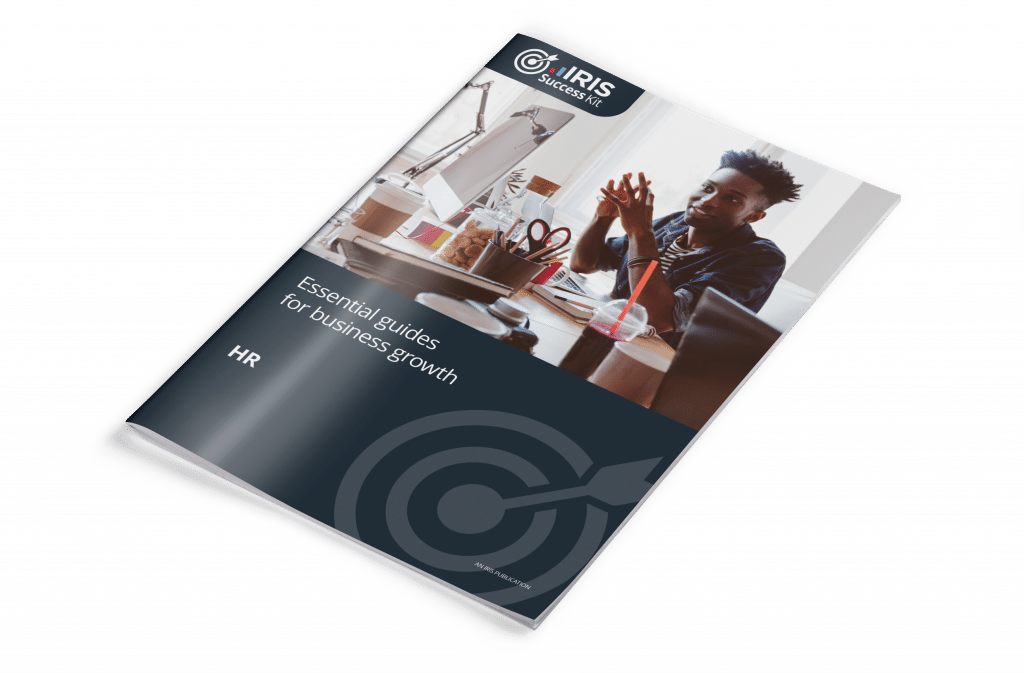Five signs you’ve outgrown your HR software
Updated 21st September 2023 | 5 min read Published 21st September 2023

Does your trusty tool, the HR system, now feel like a pair of shoes that have become a tad too tight?
A world-class runner can’t optimally race with the wrong gear, and likewise, maintaining the HR engine that keeps your workforce running smoothly also requires the right tools.
But recognising your shoes are too tight is far simpler than making the distinction with your software – unfortunately (or perhaps fortunately), achy toes and blisters aren’t a side effect of poor software.
Worry not! We can help you reach an answer without all the discomfort.
As we explore the challenges faced by HR departments in businesses like yours, you'll soon determine whether it's high time you consider upgrading your HR software.
1) Endless manual processes
From managing company culture to dealing with duties like payroll, training and compliance, HR has its hands full.
Particularly since the pandemic, the role of HR has also massively evolved, taking a much more strategic route that values output rather than focusing on paperwork and routine tasks.
As such, there’s never been a greater requirement to be proactive, use data, monitor employee engagement, support wellbeing and fill talent gaps quickly.
However, outdated software can be a major hurdle to achieving these broader goals.
Inadequate systems can slow operations down and eat up valuable time + they increase the chances of human error, which can cause problems throughout the entire business.
So, if your day consists of juggling manual tasks and inputting information over and over again, it's a clear indicator that your HR system might be stifling your productivity.
What’s the alternative? Well, you want to look for HR software which offers task automation and workflows, essentially eradicating all those annoying little jobs.
For example, if you have a new starter join, you can create an onboarding workflow within the software, which automates standardised tasks such as electronic document signing, new hire paperwork, orientation/training scheduling and policy/handbook distribution.
2) Compliance and security nightmares
Managing people involves handling A LOT of sensitive personal data.
As such, keeping data intact and following the rules/laws needs to be at the top of the priority pile, with big changes like GDPR highlighting the necessity to be quick on your feet regarding compliance.
But staying compliant and secure is tough without the right software.
Simply put, old systems just can't handle complexity and adapt to changes at a moment’s notice + general data security becomes far more challenging when processes aren’t airtight.
Frankly, if you’re manually transferring data between systems, you’re setting yourself up for a security breach.
Say an employee needs to change the sensitive information you have on them, such as bank details.
Transferring this information via email or manually inputting it is fraught with danger and can often lead to errors.
Compliance is non-negotiable, and modern HR software should be your ally by automating compliance checks and ensuring that you remain up-to-date with ever-evolving regulations.
Top tip: as well as seeking a solution which is secure and agile, look for a system which integrates with your wider tech stack, so when an employee updates their info in the HR software, it’s reflected in all the other necessary locations such as payroll.
More content: How to eliminate payroll errors with HR integration
3) Lack of real-time insights
Remember how earlier we said HR has evolved and become far more strategic? Well, to truly achieve this evolution, data must be at the forefront of everything you do.
The quality of information you have on hand impacts important tasks like hiring, wellbeing, performance and employee engagement.
However, using inadequate systems can bring a bunch of data problems and stifle the possibilities.
You might deal with slow/no reporting, mistakes in data or key information that's locked away in separate places.
Some old systems might not even cover important data like Diversity & Inclusion (D&I) metrics, which are becoming increasingly important for fostering a well-rounded, modern workforce.
Often, the bottom-line is that you either end up spending too much time looking for data instead of focusing on performance and decision-making or you simply don’t have the information needed to inform vital plans.
When considering the software options out there, seek something with easy-to-access data + real-time analytics should be top of the list as bad data leads to guesswork.
4) Lack of employee self-service
In today's digital era, we’ve become accustomed to instant gratification with everything we need at our fingertips.
Well, this same desire for instantaneous access has now bled into the workplace.
Employees have come to expect swift access to their payslips, leave balances and personal data.
If your HR procedures still rely heavily on outdated methods such as paper forms, manual requests and email exchanges, you’ll find yourself falling behind in providing the modern, self-service HR experience that today's workforce craves – a crucial consideration given the current talent crisis.
Invest in an HR system that provides self-service features to enhance the employee experience and reduce the administrative load on your HR team.
More content: How to make your HR more flexible with employee self-service
5) Employee engagement problems
In the bigger picture, HR has shifted its focus to things like employee engagement and wellbeing, no matter the industry.
Makes sense from a business perspective as happy employees are more productive.
Your software can either help you keep an eye on your employees' moods, productivity and engagement levels, or it can stifle your attempts.
Old-school software doesn’t have the capabilities to put employee engagement at the heart of your business, lacking features such as:
- Sentiment surveying
- Performance management
- Training modules
- Peer recognition
- Goal setting and tracking
It’s essential to have an agile system that enables you to engage with your employees more often and in a meaningful way.
Taking the leap
If you've identified any of these issues within your own HR processes, it's time to explore other options.
While change can be daunting, don't let outdated processes slow down your business.
After all, the best possible investment you can make is in your people.
Not to toot our own horn too much, but here at IRIS, we make some amazing people-focused HR software – see for yourself and find a solution which suits you.








